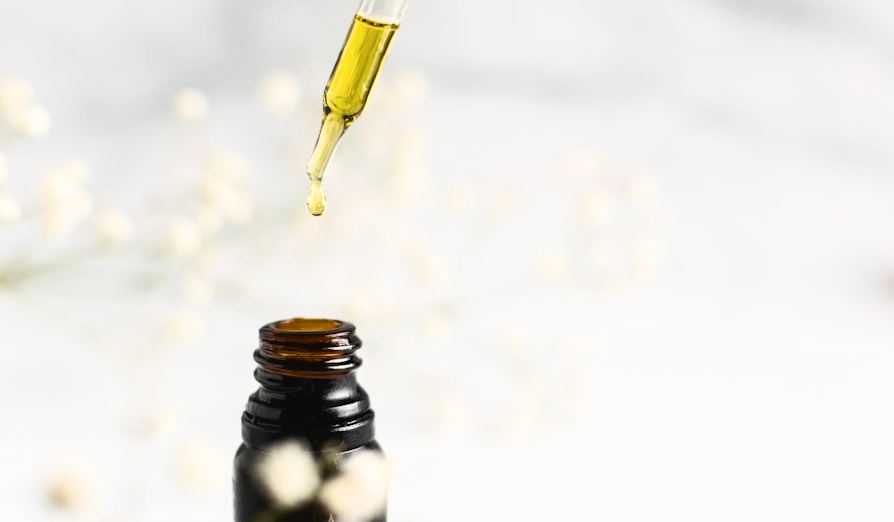
Maintaining lustrous, healthy hair isn’t just about style – it’s a testament to overall well-being. In the world of hair care, a timeless elixir has stood the test of time: hair oils. From ancient civilizations to modern beauty regimens, the utilization of hair oils has been a cornerstone of hair care practices. These nourishing concoctions, derived from an array of botanical sources, have garnered attention for their potential to transform lackluster locks into vibrant tresses.
Benefits of Using Hair Oils
Nourishment and Moisturization:
Hair oils serve as nature’s remedy for dry and brittle hair. Packed with essential nutrients, they provide deep nourishment to both the scalp and hair strands. Oils like argan, coconut, and jojoba penetrate the hair shaft, locking in moisture and preventing dehydration. Regular oiling not only restores vitality but also leaves your hair feeling luxuriously soft and supple.
Strengthening Hair Strands:
Weak hair prone to breakage? Look no further than hair oils. Rich in vitamins and fatty acids, these elixirs bolster hair strength from within. They create a protective barrier around the hair shaft, reducing the risk of damage caused by environmental stressors and styling routines. The result? Resilient, less prone to breakage, and overall healthier hair.
Improving Hair Texture and Shine:
Dreaming of glossy, enviable locks? Hair oils are your secret weapon. By smoothing the hair cuticle and promoting even light reflection, oils contribute to a lustrous appearance. They tame frizz and flyaways, resulting in hair that feels smoother to the touch and boasts an eye-catching sheen.
Prevention of Hair Damage and Breakage:
Constant exposure to heat, pollutants, and styling tools can lead to hair damage. Hair oils act as a barrier against such harm, forming a protective layer that shields your hair from external aggressors. Regular application can significantly minimize split ends and prevent breakage, allowing your hair to thrive.
Addressing Specific Hair Concerns (Dandruff, Frizz, Hair Loss):
Hair oils are versatile problem-solvers. For those grappling with dandruff, tea tree oil possesses natural anti-fungal properties. Jojoba oil is a frizz-fighting champion due to its ability to mimic the scalp’s natural oils. Additionally, certain oils like rosemary and castor oil have been linked to promoting hair growth and reducing hair loss, offering targeted solutions to common hair woes.

Selecting the Right Hair Oil
Hair Type and Compatibility with Different Oils:
Just as every person is unique, so is their hair. When selecting a hair oil, it’s essential to consider your hair type and its specific needs. Lightweight oils like grapeseed or almond oil are perfect for fine hair, providing moisture without weighing it down. Thicker oils like castor or olive oil can be beneficial for coarser hair, offering deeper nourishment. Research different oils and their attributes to determine which aligns with your hair’s characteristics.
Reading Labels and Understanding Ingredients:
Navigating the world of hair oils requires a bit of ingredient savvy. Take a closer look at labels to understand what each oil contains. Seek out oils rich in essential fatty acids, vitamins, and antioxidants, as they offer the most benefits. Avoid products with added synthetic fragrances or preservatives that might do more harm than good. Opt for cold-pressed or virgin oils, as they retain more of their natural nutrients.
Considering Individual Scalp Conditions:
Your scalp health plays a crucial role in your hair’s overall appearance. If you have a dry or itchy scalp, oils like coconut or jojoba can provide relief and hydration. Those with oily scalps might benefit from lighter oils like argan or tea tree oil. For individuals with sensitive scalps, gentle oils like chamomile or lavender can help soothe irritation.

Incorporating Hair Oils into a Hair Care Routine
Frequency of Oiling (Weekly, Bi-weekly):
The frequency of oiling depends on your hair type and its specific needs. For most hair types, a weekly oiling session can work wonders. However, if you have extremely dry or damaged hair, you might benefit from bi-weekly applications. Finding the right balance ensures your hair receives the nourishment it requires without becoming overly greasy.
Combining Oiling with Other Hair Treatments:
Enhance the benefits of hair oils by pairing them with other treatments. Pre-shampoo oiling is a popular method – apply oil to your hair a few hours before washing to protect it from the drying effects of shampoo. You can also mix a few drops of essential oils like lavender or rosemary into your regular conditioner for an aromatic and revitalizing experience.
Maintaining Consistency for Best Results:
Consistency is key when it comes to reaping the rewards of hair oils. Incorporate oiling into your routine as a dedicated self-care practice. Whether you choose to do it on a specific day of the week or as a mid-week pick-me-up, sticking to a routine ensures your hair consistently receives the nourishing benefits over time.
